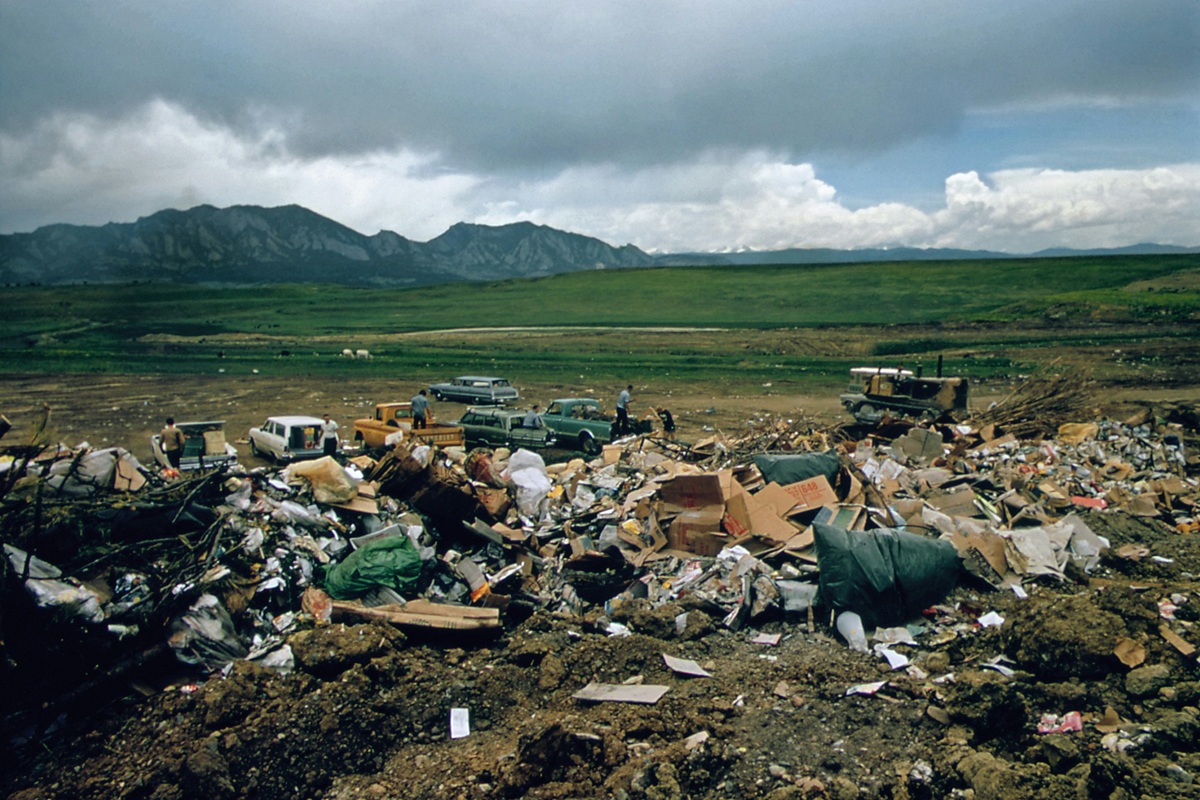The waste crisis in Central Asia
One of the consequences of rapid urbanisation is the proliferation of huge landfills in contexts where only a small percentage of waste is recycled. In Tajikistan alone, over 2 million tonnes of waste accumulate every year, occupying a total of over 300 hectares of land.
Dushanbe (AsiaNews) - The sudden growth in construction and rapid urbanisation in Central Asian countries, combined with significant population growth, has led to the almost total absence of waste disposal systems. Only a small percentage is recycled, the rest is piled up in huge landfills, where waste is buried or burned, polluting the air, water and soil and transforming the surrounding areas into desolate wastelands of ecological disaster.
In Tajikistan, the poorest of the five Central Asian countries, containers and piles of waste have long been a familiar part of the urban landscape. There is virtually no waste sorting, and processing is limited to sporadic private initiatives, while the bulk of waste rots in landfills.
According to official data, there are at least 70 large collection sites in Tajikistan. As independent eco-activist Timur Idrisov, a resident of Dushanbe, says, ‘none of these meet contemporary standards’.
There is no separate collection of waste, and everything is thrown into single bins. Only a few dozen small companies try to give a second life to plastic, metal and other categories of waste. As Idrisov assures us, the problem has been dragging on in the country since its independence and also stems from practices during the Soviet period, despite the authorities' statements that they finally want to tackle it.
At a recent meeting between Tajik President Emomali Rakhmon and representatives of the Committee for Environmental Protection, it was stated that more than 2 million tonnes of solid waste accumulate in the country each year, occupying a total of more than 300 hectares of land, creating an urgent need to build waste processing plants in all regions of Tajikistan.
A national waste management strategy has therefore been drawn up for the period up to 2040, which should soon be implemented by the government. One of the possible decisions would be to apply a waste tax based on the “pay as you throw” principle, or the principle of extended producer responsibility (EPR), obliging companies to reuse their own products and packaging.
The EPR mechanism was established in Kazakhstan in 2016 for the disposal of certain categories of waste, generating revenue that is directed towards further collection and processing of the waste.
According to the president of the Association of Kazakh Ecologists, Laura Malikova, the scheme has proven to be somewhat effective, increasing the packaging recovery rate from 2.6% in 2016 to 21% in 2021, thanks to the specific EcoQolday programme.
Unfortunately, after the tragic events of January 2022, the entire system was cancelled, partly due to the marginalisation of former president Nursultan Nazarbayev and members of his family, who were the most active in setting up the Rop. In Almaty in recent days, a huge waste fire burned for several days, poisoning the entire population of the area.
In Kyrgyzstan, too, fires and clouds of toxic smoke have multiplied in recent times in various areas, captured by photographer and eco-activist Vladislav Ušakov, one of the initiators of the interactive map ecomap.kg, which sets out the country's ecological and environmental protection goals.
He expresses his scepticism about the possibility of recycling plastic, which, in his opinion, unlike paper or aluminium, cannot be reprocessed repeatedly, ending up “leaving the same rubbish lying around in various forms”.
In December 2025, the first large incinerator is scheduled to open in Bishkek, which will dispose of up to 1,000 tonnes of waste per day to produce 30 megawatts per hour of electricity. Other projects are planned in Osh, Balyčka and Aj-Sujsk in the province of Issyk-Kul, where some Chinese companies are planning incinerators and sorting stations.
Similar projects are also expected to start in Uzbekistan, based on Waste to Energy technology in 11 regions, again with Chinese and United Arab Emirates funding, one of which has already been inaugurated and involves an investment of .28 billion.
For now, the focus is mainly on waste incineration and destruction, while in Europe and elsewhere the first priority is sorting, with different coloured bins in courtyards and on streets, which no one in Central Asia has ever seen.
12/02/2016 15:14







.png)










